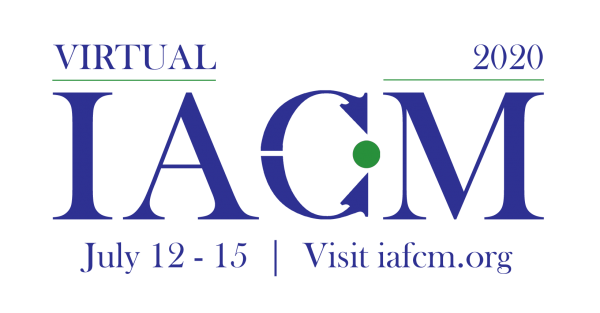Full Program »
The Lifecycle of Trust
Extant literature has elaborated on the positive implications of trust for individuals, relationships, and organizations. It is clear, however, that there are obstacles that hinder building trust initially or repairing trust that has been broken. While scholars continue to contribute to our understanding of what informs decisions to trust initially or trust again, many questions remain, and the presentations in our symposium seek to address these gaps. Overall, the process of building and rebuilding trust is an interactive dance, and the papers in our symposium collectively examine both the role of the trustor and the trustee. Presentations in our symposium expound on why individuals are versus are not trusted, as well as the factors influencing individuals’ decisions to trust versus not. In understanding this both in the contexts of trust development and repair, our symposium includes work examining the role of emotions, which has been surprisingly understudied despite how emotionally laden are trust violations, and the role of emotions for its repair. It also more explicitly studies the role of time, a component understood as relevant for the construct despite frequent short time framed empirical approaches. While trust judgments can happen instantaneously or off first impressions, the effectiveness of its repair strategies may show themselves differently in longer versus shorter time frame contexts. Collectively, these papers aim to challenge extant assumptions in the field of trust development and repair, and spark dialogues leading into future research.
